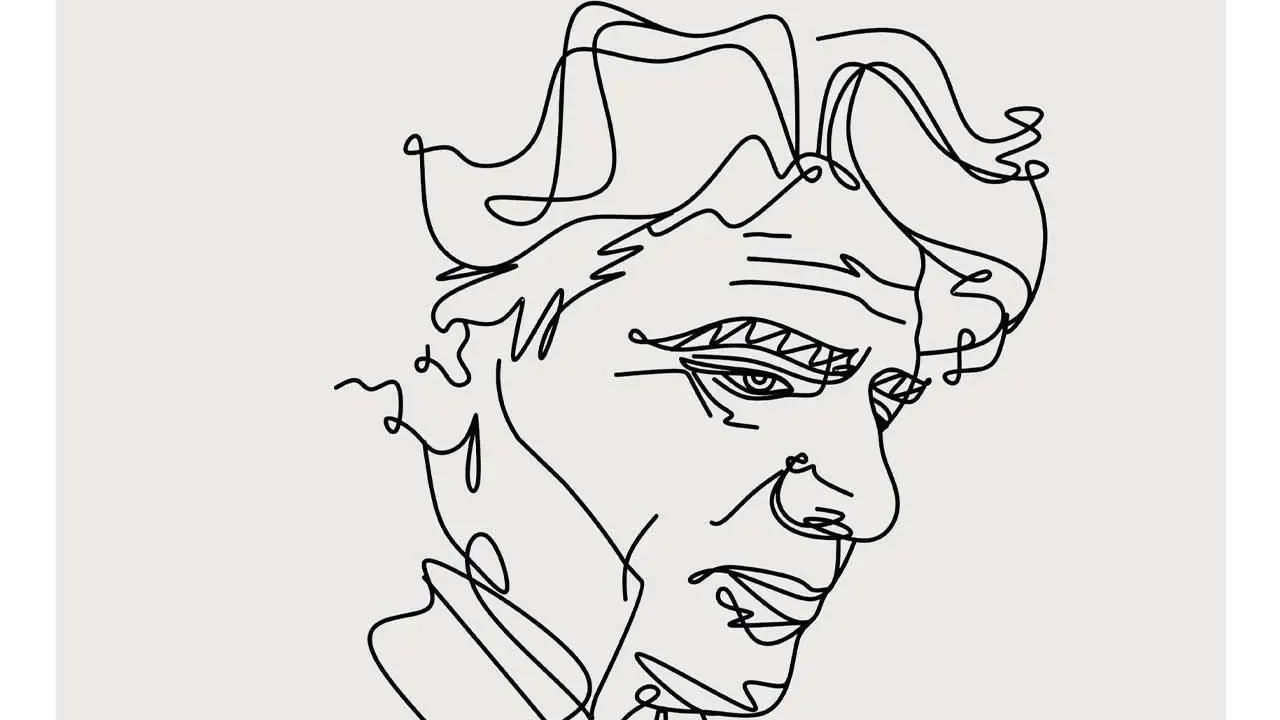

A new documentary is hitting theaters that profiles one of Iran (and the world’s) most honored classical artist, humanitarian and advocate of freedom, Maestro Mohammad Reza Shajarian.
The film, which centers around Shajarian who devoted entire life to singing truth to power, comes at a fitting time following the protests currently sweeping Iran after the death of Mahsa Amini, who was arrested for improperly wearing a hijab and died in police custody on Sept. 16.
In the aftermath of the 1979 Iranian Revolution, the ayatollah banned music and performances (and forced the wearing of hijabs), except for one voice — Shajarian. During a time when instruments and records were criminalized and having them resulted in exile, imprisonment, or execution, the maestro stayed in his country and became the voice of the people.
Now, filmmaker Mandana Biscotti wanted to ensure his work wouldn’t “slip away” like other Iranian artists by creating a new documentary, The Voice of Dust and Ash, which shares his story for the first time in his own words.
Biscotti’s father was friends with Shajarian “long before the revolution,” according to the filmmaker. “I had known him my entire life,” she shared in a press release. “As a child, whenever he would visit California on tour, my parents would often drag me to all of his shows where I am embarrassed to admit I would often sleep in the corners of the concert halls. Back then, I was naively bored by music that sounded like ancient music that was solely meant for our elders.”
She recalls that after Shajarian heard her mother was ill, he flew from Iran to California to be by her side and sing to her. “For the first time, I noticed how this tremendous voice, hailed by NPR as one of the ’50 Greatest Voices of all time’ acted almost like a time capsule, transporting her back to her homeland that she still so desperately longed for and could never return to, Iran. I am still fairly certain this was one of the best days of her life, but beyond that — this moment created a covenant for me that I felt I somehow needed to repay.”
Biscotti continued, “I gradually wondered — if the majority of our art and music, which acts like record of our people’s history, was destroyed after the Revolution and is now largely discarded here — what would become of our stories, our history and our art?”

As someone with “zero experience” in film making, Biscotti (whose background is in law and who worked in the corporate world at CBS and then at the Directors Guild) was first approached by a friend to make a short docuseries on a fascinating artist. After she suggested Shajarian, she knew the story was “far too important” and it needed to be a film.
Biscotti worked with Shajarian before his death in Oct. 2020 and filmed the project in secret in both Iran and L.A. “A good portion of the film was shot in Iran,” she tells GRAZIA USA. “That process is extremely difficult to navigate, both with permits and government censors and the added layer of complexity which was his complicated standing with the Iranian government post 2009. So there were a lot of hurdles to overcome.”
The first-time Irinian director tapped star-power for the film, including nine-time Grammy Award winner Norah Jones who sang the title original song and three-time Academy Award-nominated composer J. Ralph who created the score.
During the filming process, something that struck Biscotti to learn about Shajarian was how embedded he was in society since his start as a young boy.
“He was discovered as a child prodigy singer. He was hand chosen to warm up crowds of 100,000 + people right before democratically elected Prime Minister Mossadegh was set to make his campaign speeches on the campaign trail,” Biscotti says. “This is the same P.M. of Iran who was overthrown by the U.S. and U.K. in a coup d’etat. What made this even more fascinating to me is that fact put him and his voice, as an artist, right at the center of every watershed Iranian event since 1950. His story as an artist, is essentially the story of Iran.”
Biscotti says the maestro was able to view parts of the film before his death but didn’t see it in its entirety. “He approved. Ultimately, his intention was for us to share his entire message with the world and show the beauty of our art and culture.”
She expressed what she hopes viewers take away from the film in the press release saying, “It is a love letter to my mother and a thank you to Maestro Shajarian, for allowing me to manifest it and understand better how I exist in society. Maestro Shajarian is an international symbol of human rights, resistance and hope, and will go down in history as having saved our music and our history. My hope is that if you take away one message from the film, it is that of the beauty of our art and our music, and remember the incredible story of one man who sang truth to power.”
The Voice of Dust and Ash will have a limited theatrical release in L.A. from Nov. 17 to 24. Subscribe to stay updated on world premiere release dates.









